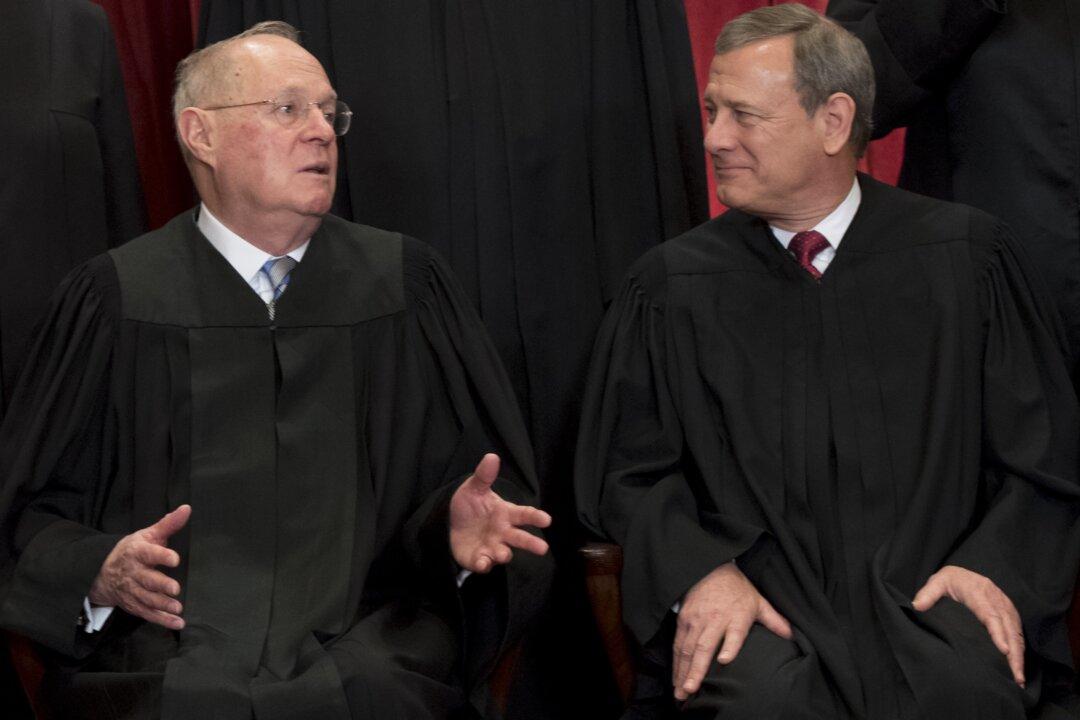An 82-year-old American judge, Justice Anthony Kennedy, announced his retirement and the country is in uproar. It’s a catastrophe, the Left claims. One left-winger even says he wished Justice Kennedy had been shot instead of JFK or Robert Kennedy.
The President has a very clear mandate, one which he spelt out in his election campaign. This is not to nominate, as the Left claims, a conservative. This is to choose judges who don’t think, like Humpty Dumpty, that “When I use a word, it means just what I choose it to mean—neither more nor less.”





